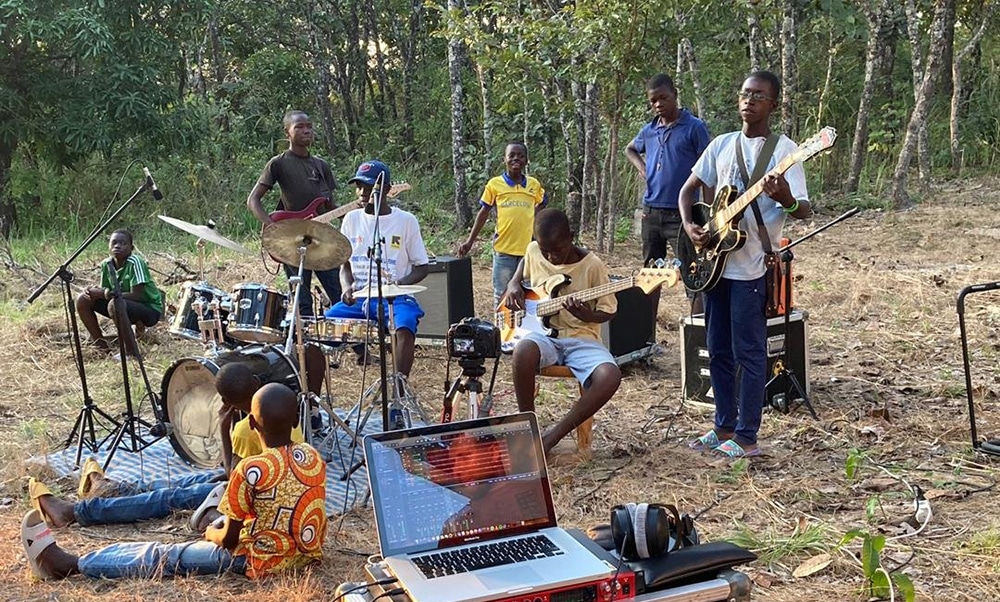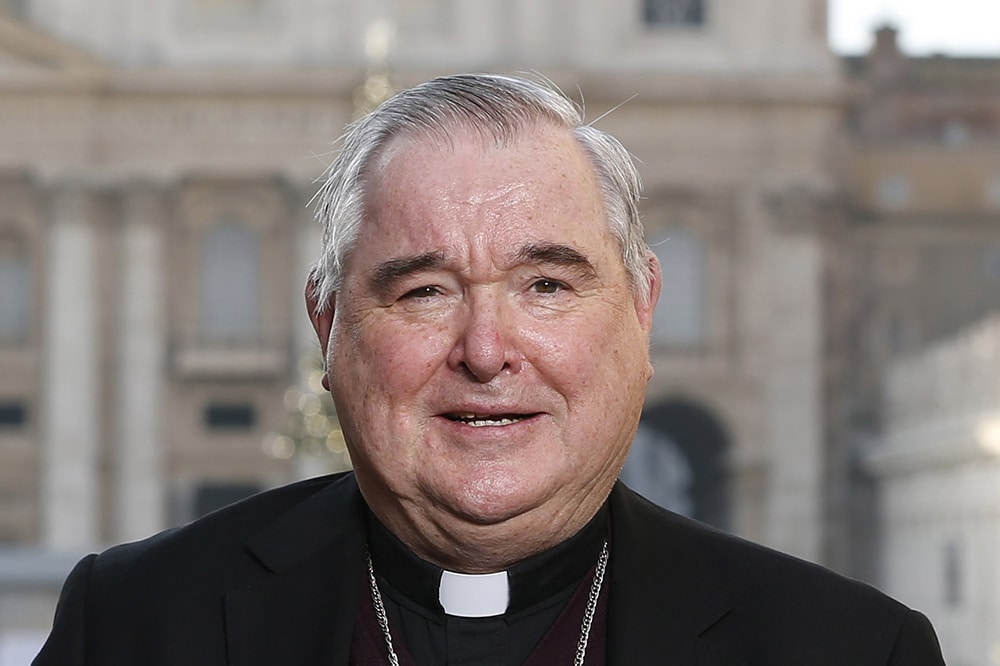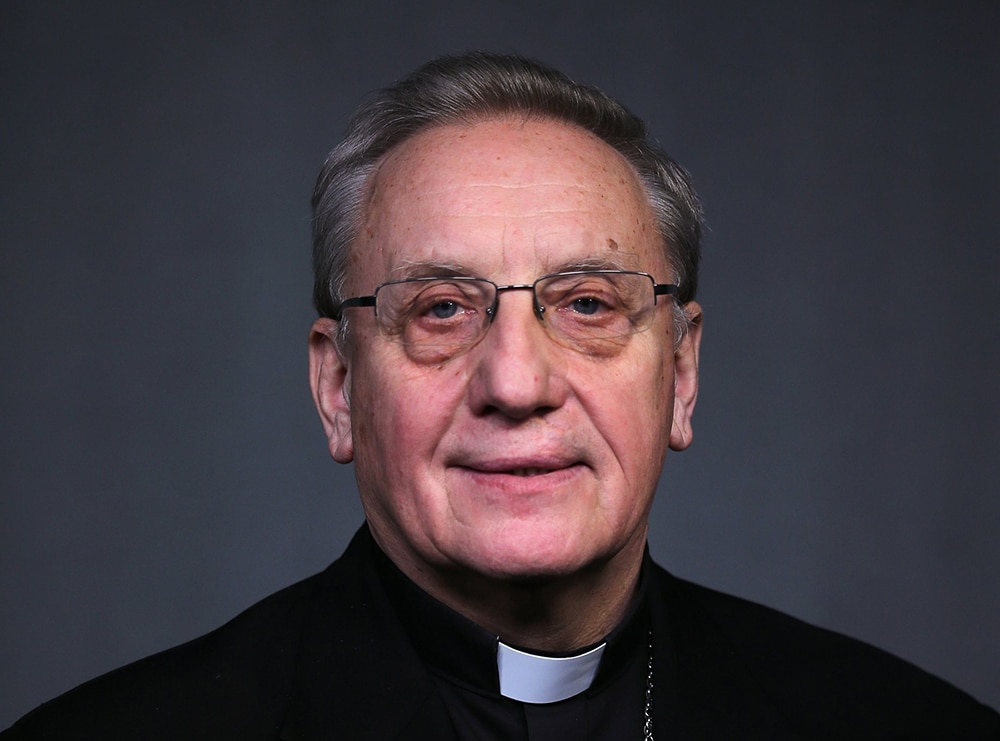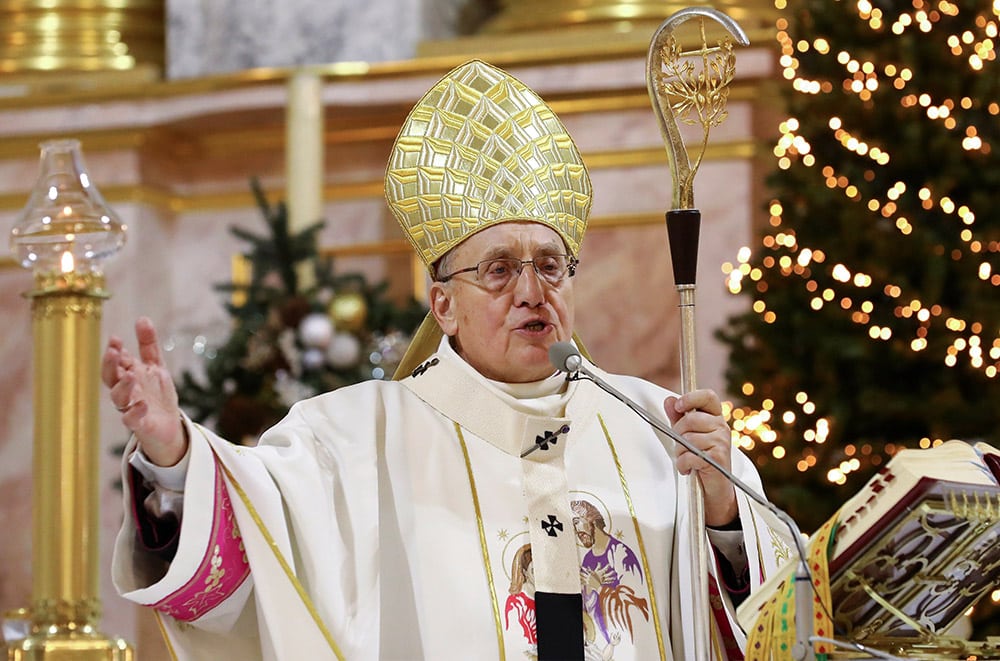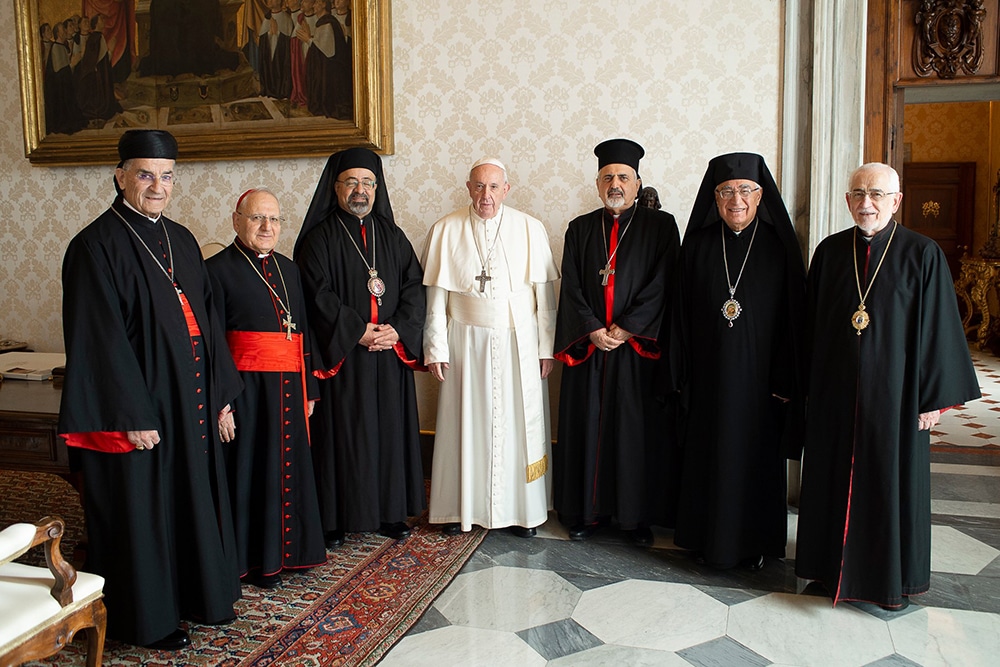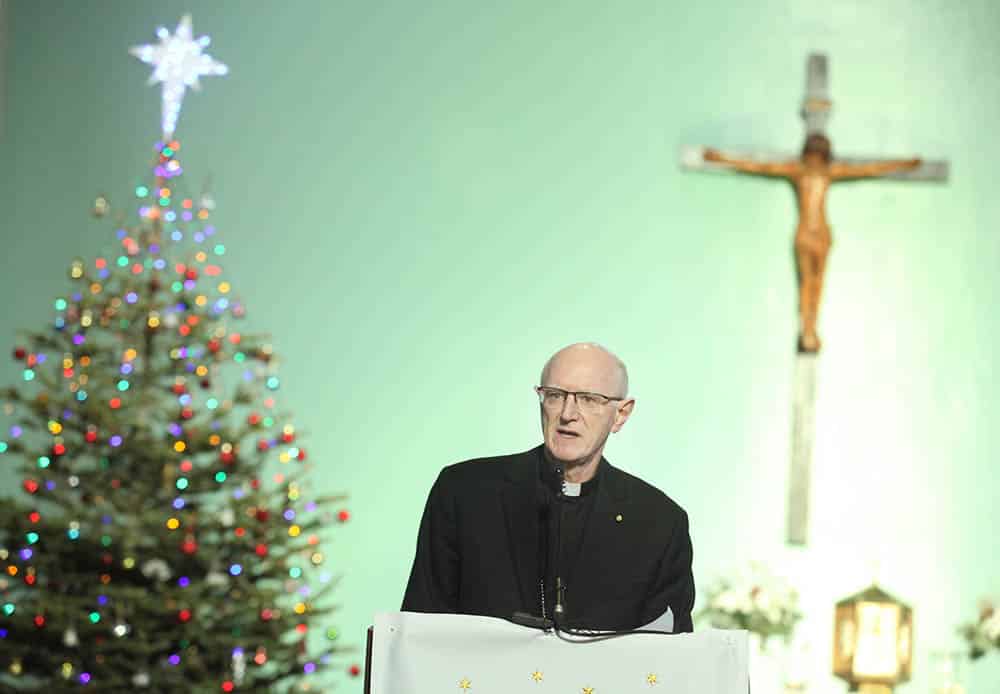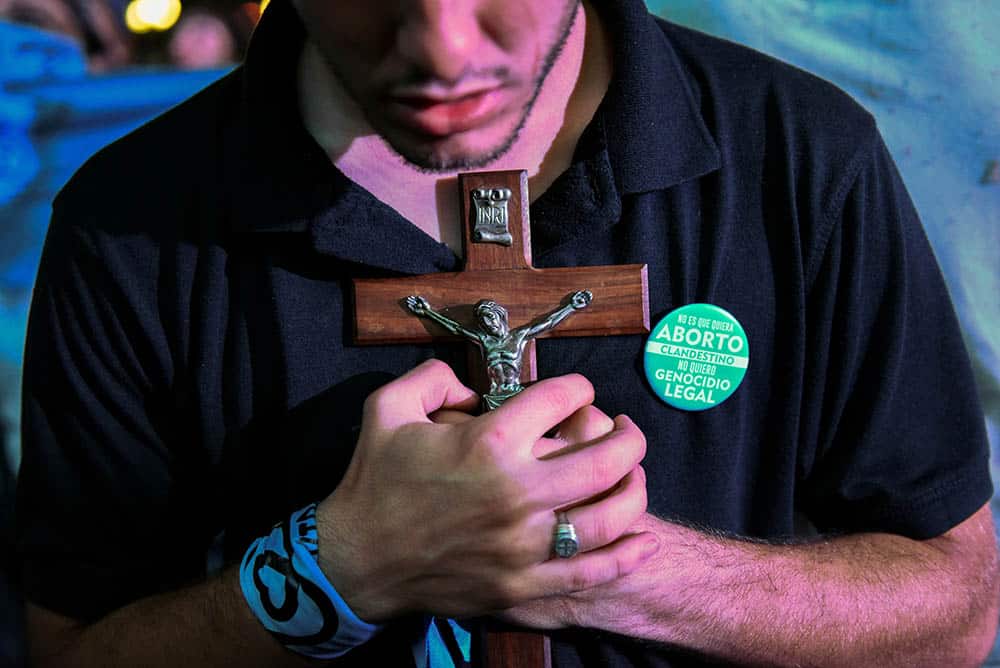WARSAW, Poland (CNS) — Polish Capuchin Franciscan missionaries have opened the first music school in the Central African Republic in hopes of preventing children from being drafted into paramilitary groups.
About 100 students study each afternoon with professional musicians from Poland and France at the African Music School in the western town of Bouar.
Marcin Choinski, director of the Akeda Foundation in Krakow, Poland, which sponsors the school and works with the Capuchins, said students learn music theory and attend classes in guitar, saxophone, trumpet, keyboard and drumming. Students of various faiths are enrolled. About 40% of the students are girls.
“Of course, we can’t help all this country’s children with a single school, but we can show those who’ve known only war and poverty that better things are possible,” Choinski said. “Though we can’t offer full-time accommodation, our new kitchen is now providing hot meals for our otherwise hungry students. Some say this alone will be the best Christmas gift we could offer.”
Franciscan Father Benedykt Paczka, a musician and one of 14 Polish Capuchins working in the country, founded the school.
Choinski told Catholic News Service Dec. 18 that Father Paczka realized many local children were musically gifted, but that they had no opportunity to develop their talents. So in 2013, he began offering music lessons at his monastery after buying instruments in nearby Cameroon.
“War was raging and when more than 300 children turned up, he quickly saw this as a chance,” said Choinski, whose foundation helps victims of war and natural disasters.
An eight-year conflict between rival militias has displaced 1 million people and forced another 400,000 to flee the country. The Capuchins from Krakow run five missions in the country and bought land for the school in 2015.
Construction continues on a school building in Bouar. Choinski said Father Paczka’s ties with local state school directors has helped to ensure that the site is secure against theft and intimidation by outside groups.
“Soldiers are deployed here under United Nations auspices, so it’s relatively safe, and we haven’t faced any serious attack,” Choinski explained.
He said several students had shown extraordinary ability, and that he was hoping to raise funds for sending them to academies in Europe once the school site was finished.
The Diocese of Bouar, headed by Polish Bishop Miroslaw Gucwa, had supported the school, but that money for construction, instruments, food and maintenance had to be raised from donations, he said.
“By spreading instruments instead of weapons, we hope to show children here and further afield that other life paths are possible,” Choinski said.
The chairman of the Krakow-based Capuchin Mission Foundation, Father Jerzy Steliga, said initiatives such as the school were “much needed in local conditions” for helping youngsters caught up in civil war.
“Music is a key part of African culture, enabling children to discover their interests, but also develop as people through a positive, creative attitude,” Father Steliga said. “Perhaps this will indeed be the seed for something wider and greater, in helping the world’s poorest to reveal their real talents and abilities.”

